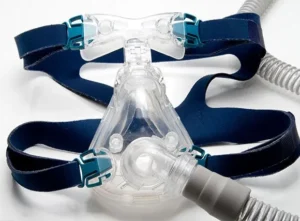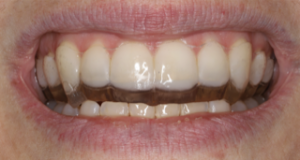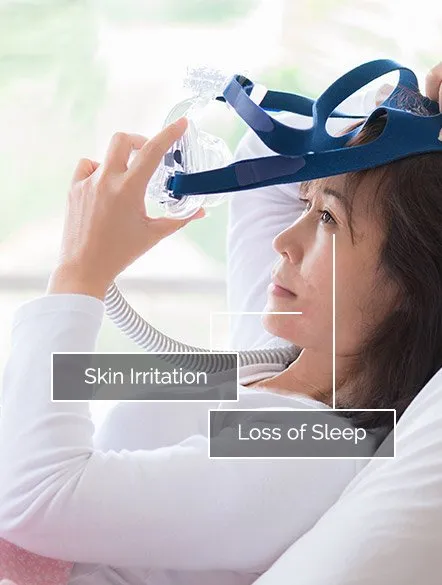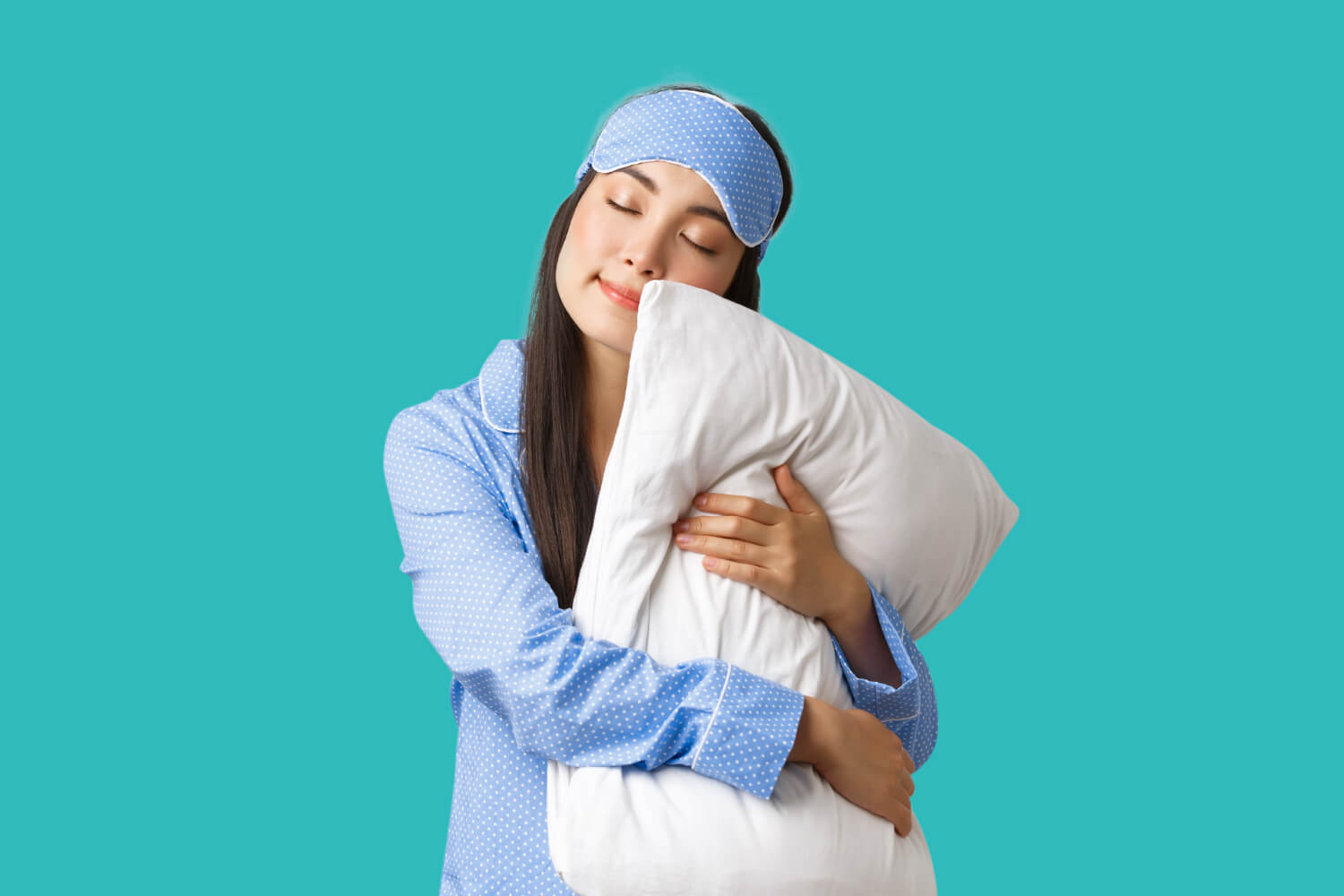Alternative to CPAP
CPAP VS. Oral Appliance Therapy
Let us put the CPAP machine against the dental orthotic, the two sleep apnea treatment titans! With their respective advantages and disadvantages, both are strong competitors.
CPAP Pros/Cons

Pros :
The most effective method of treating sleep apnea is with a CPAP machine. It provides a steady stream of air to keep your airway open all night.
With customized pressure settings, the CPAP machine can treat all levels of sleep apnea, from mild to severe.
Many modern CPAP machines come with built-in data tracking, allowing you and your healthcare provider to monitor your progress and treatment efficacy.
Cons:
Lower compliance rates result from some people finding it difficult and uncomfortable to wear a mask and deal with the tubes.
For some people, the feeling of a mask covering their mouth, nose, or both can cause claustrophobia, which makes it difficult to tolerate CPAP therapy.
An inadequate fit for the mask or movement, while you sleep, could cause air leaks, which would lessen the therapy’s effectiveness and possibly interfere with your sleep.
The constant airflow from the CPAP machine may irritate the nasal passages by drying them out or congealing secretions.
A bed partner may find it difficult to get a good night’s sleep due to the CPAP machine’s noise and presence, particularly if they are sensitive to the noise or movement of the mask.
Power outages are nothing new to us in the PWN! People who sleep lightly or who would rather have a quieter sleeping environment may find the soft humming noise and reliance on electricity bothersome.
The CPAP machine is less practical for travel or camping because it is bulkier and needs access to electricity.
Dental Orthotic Pros/Cons

Pros :
The oral appliance is easy to use and does not require the use of a mask or tubes, in contrast to the CPAP machine. All you have to do is take a bite out of it before going to bed.
The oral appliance is easy to use and does not require the use of a mask or tubes, in contrast to the CPAP machine. All you have to do is take a bite out of it before going to bed.
You and your bed partner will have a peaceful night’s sleep thanks to the oral appliance’s blissful silence, in contrast to the CPAP machine’s soft whooshing sound.
For those who find masks and tubes uncomfortable, an oral appliance is a better option. It just involves moving your jaw to maintain an open airway; it is non-invasive.
Because it does not require a power source, the oral appliance is appropriate for people who might only sometimes have access to electricity, such as those who live in remote areas or during power outages.
The oral appliance is more comfortable for many people to wear, which improves compliance and prolongs its use.
Cons:
The dental orthotic may not be the best option for severe cases of sleep apnea despite being extremely effective for mild to moderate cases.
The therapy necessitates close collaboration with a qualified dentist or sleep specialist, as proper fitting and adjustments are critical.
Some users may have mild jaw pain, but this is usually fixable with small adjustments.
Here we have it: a confrontation between the CPAP machine and the dental orthotic. Which option works best for you will depend on your lifestyle, personal preferences, and how severe your sleep apnea is. Make an appointment for a consultation with us right now to find out if oral appliance therapy is right for you!
CPAP not working?
Does CPAP need to be fixed?
It is not just you. Roughly 83% of CPAP users discontinue their use or use it inconsistently. Patients who are CPAP intolerant avoid using it.
We refer to this as CPAP failure or intolerance.
CPAP failure is often the result of circumstances outside your control:
- Seasonal allergies or persistent traffic jams.
- Problems with the nose, sinuses, or upper palate (like a deviated septum).
- Face irritation of the skin.
- Dryness, irritation, or bleeding in the nose.
- Claustrophobia, also known as suffocation sensation.
- Infections of the respiratory system.
- Stomach bloating and gas.
- A machine that messes with your partner's sleep.

Do you dislike flying with CPAP?
Travel Stress Factors
Traveling has its own set of stressors, whether it is for work or pleasure. It can get more difficult when you have to carry a CPAP machine around in order to treat your sleep apnea. We at Toronto Sleep Center are prepared to talk about CPAP substitutes that might be more suitable for your way of life since we recognize these difficulties.
CPAP Travel Challenges
The extra weight of a CPAP machine and the possible complications at security checkpoints make traveling with one difficult. Managing a CPAP machine while traveling can complicate matters further and make your trip more difficult.
Further Complications
After arriving at your destination, the CPAP humidifier requires deionized or distilled water. You must also make sure that a power source is easily accessible close to where you sleep. This also means that when traveling abroad, you should pack the appropriate adapter for various power outlets.
Reliability Issues
The dependability of electricity can be a problem in areas with bad weather or remote locations. This adds to your travel burden by making you wonder if you should bring an extra battery for your CPAP machine.
Higher Probability of Non-Compliance
The difficulties of taking a CPAP machine on the road could result in increased rates of non-compliance or inconsistent use of the equipment.
Portable Alternatives: Dental Orthotics
Oral appliances provide a lightweight and practical substitute. They do not have the same logistical issues as a CPAP machine, are lightweight, and do not need electricity. They are, therefore, the best choice for frequent travelers.
We cordially invite you to consider oral appliance therapy at Toronto Sleep Center if you are struggling with the issue of traveling with a CPAP machine. Our staff is prepared to assist you in locating a more portable sleep apnea treatment option.
See How Simple It Is!
It is a simple procedure. Every mouthpiece is manufactured specifically to fit you in a comfortable and ideal way. First, schedule a consultation so we can determine whether this is the best course of action for you. If it is not well,
First, for any coverage you might have, we will work with your insurer.
Second, a custom fit and manufacture will accompany your new oral appliance.
At last, you can easily sleep without a mask or hose—relax!

